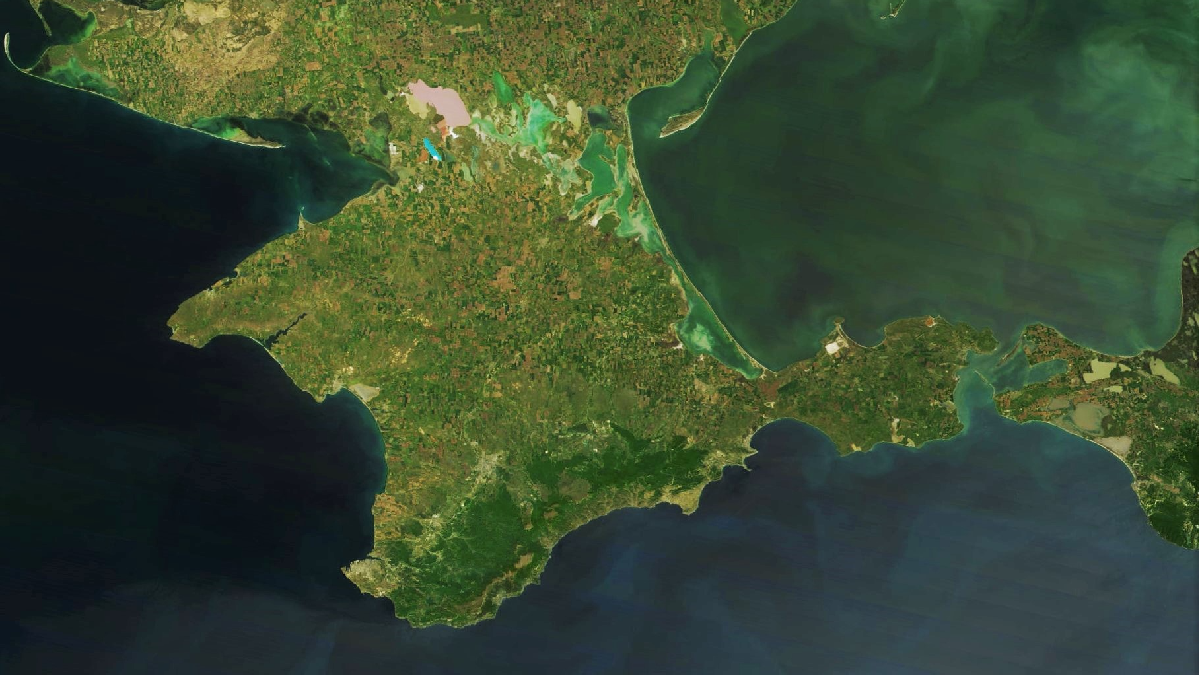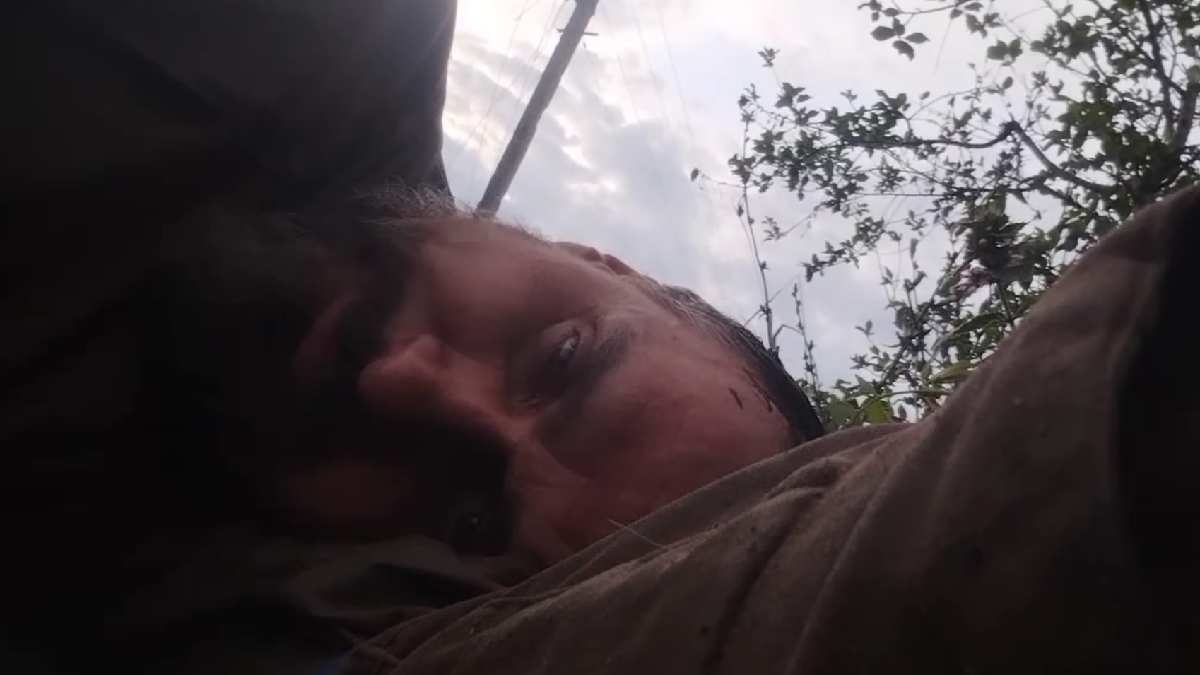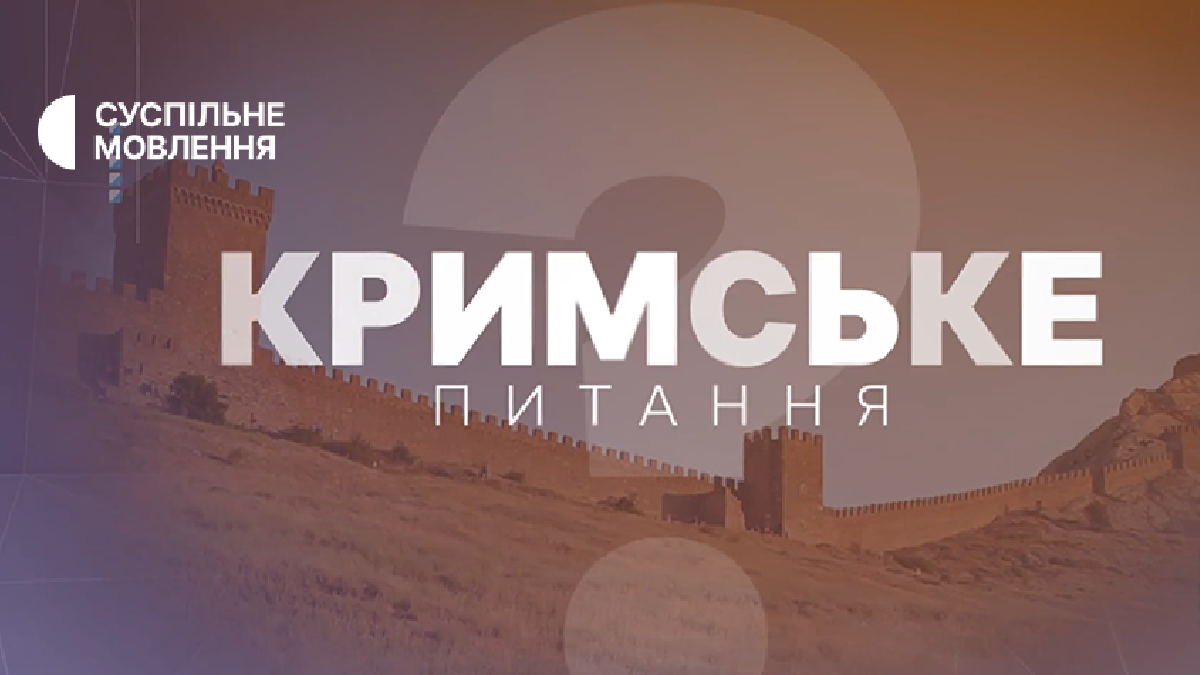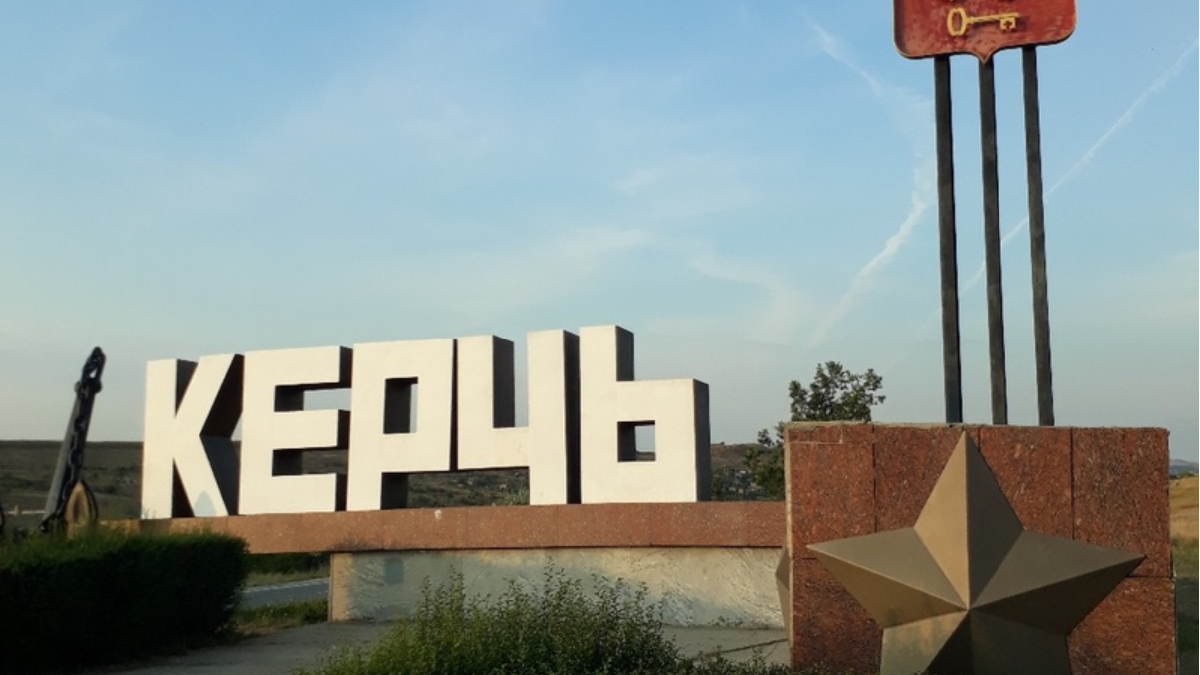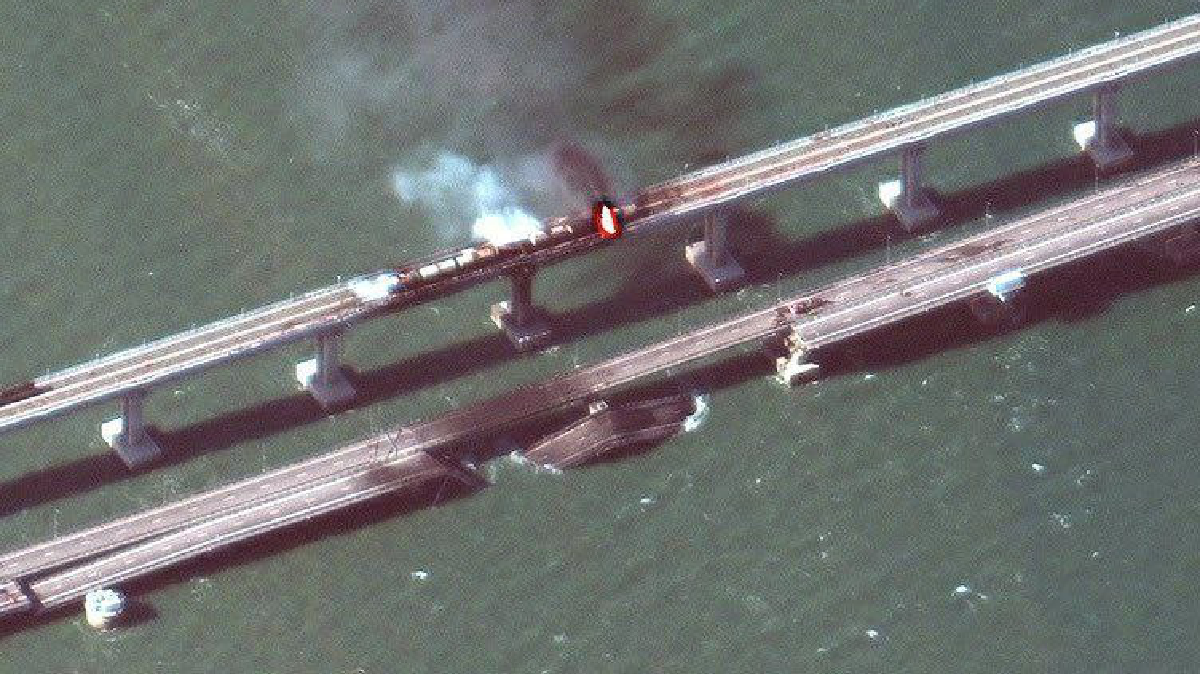Negotiations with Russia. What will happen next?
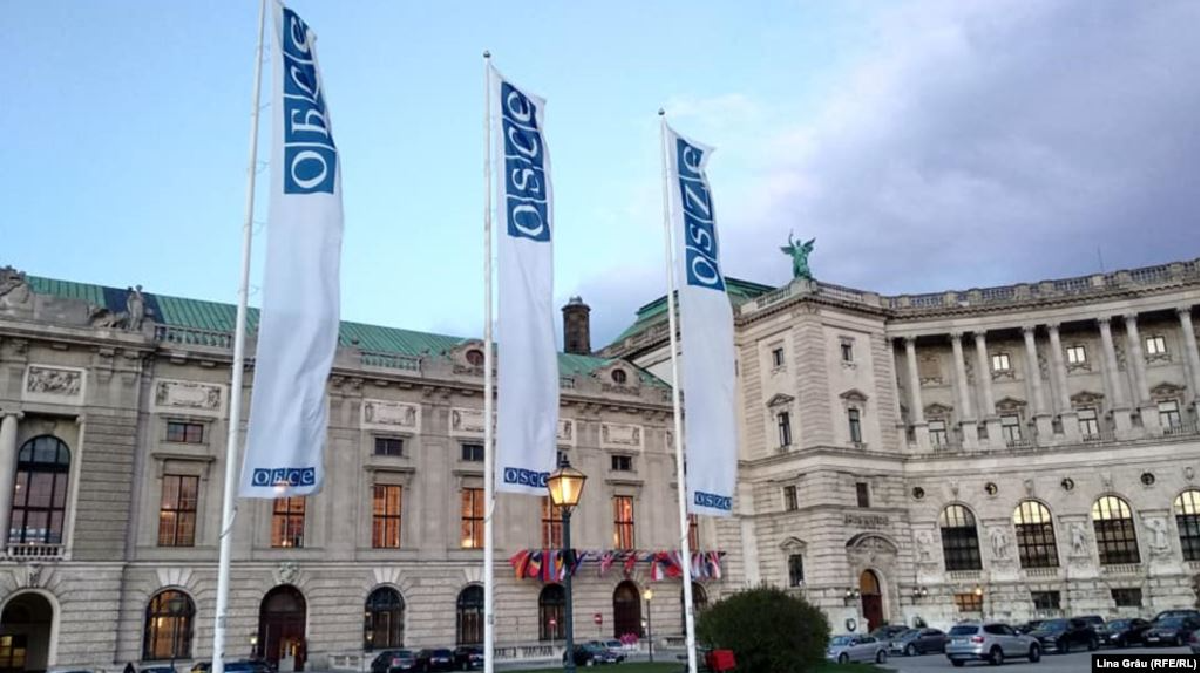
A meeting of the Permanent Council of the Organization for Security and Co-operation in Europe (OSCE) was held in Vienna. Following the talks, Ukrainian Foreign Minister Dmytro Kuleba said that the OSCE "heard consolidated international support for Ukraine" and "the right of states to freely choose which organization or union treaty to be part of."
In fact, this meeting is the third round of talks with Russia on the de-escalation of tensions around and in Ukraine. Ukraine itself is taking part in these talks for the first time, as the Russia-US summit on January 10 and the NATO-Russia Council meeting did not include Ukrainian representatives. However, both the United States and the Alliance agreed with Ukraine on talks with the Russians. More about the expectations and results of the meetings was discussed in the program "Today. The main thing" with Olesya Yakhno - a political scientist. In general, according to her, the results of the meetings were natural and consistent:
"I think that on the eve of these meetings it was clear that the demands made by Russia are not realistic. Everyone understood, even in Russia, that this was not a realistic agenda, but it was still very important to have a clear position at various levels about the inadmissibility of such ultimatums, as well as the imposition of such positions by Russia in order to remove in the future, the speculation of this position, when Russia completely changes the agenda and distorts the picture by presenting it as if someone is threatening Russia, is the first. And secondly, Russia is trying to bring us all back to the times of the USSR and the Cold War, perhaps thus psychologically wanting to return to those realities because Russia lost the Cold War, and thus trying to impose some new conflict, new chaos and new division spheres of influence ".
Russia's goal in these talks is in their very fact, because in this way it demonstrates itself as a powerful and powerful country, with which the United States, NATO and the OSCE are talking, the political scientist added:
Russia, at least in the middle of the country, will show its citizens, “Look how important we are.” But at the same time, it is still a situational victory, because it will be impossible to use this factor of blackmail and military pressure indefinitely. very clear answer ".
As for certain results of the talks, Olesya Yakhno noted that the United States, the European Union, NATO and Western and Eastern European countries have begun discussing the security component and certain changes in the defense strategy:
"This is the awareness of these common threats of unpredictability of the Russian Federation and the need to really formulate a very clear position, which showed the price for Russia of a possible new aggression and that this price is understood, including by citizens of the Russian Federation. And this includes the responsibility of their government, which is ready to sacrifice economic interests and others in order to show itself as an influential player and continue to impose policies of force.
As for the position on Russia in general, the political scientist noted that it has become clearer and envisages a tougher and clearer position if Russia resorts to a new act of aggression, and on the other hand there is a diplomatic option:
"But if we look at the reaction we hear from different countries, whether they are members of NATO or not, we will see that Russia has achieved the exact opposite effect. Ukraine is often cited as a non-aligned status, there is the example of Finland, but if look at the statements that have been made, non-aligned countries - Finland, Sweden - have begun to make statements criticizing Russia in order to prevent the imposition of whether a country has the right or not to move to NATO. and even in the part where Russia wanted to impose a reduction in NATO's presence in the Baltics and Eastern Europe, it also had the opposite effect - it was said that if there was a threat, NATO would increase its presence in Eastern Europe, and the Baltic states and the Prime Minister of Estonia have been asked to increase NATO's presence in the Baltic states".
As for the forecasts for Russia's further actions, Olesya Yakhno said that hybrid behavior should be expected:
"In fact, when negotiations with NATO took place and at the OSCE level, Russia continued its military blackmail, when helicopters reappeared, other equipment, Russia said that this exercise just coincided in time. As no result was achieved even at NATO level, the NATO-Russia Council was dismissed, which ceased its work in the autumn after NATO sent eight Russian spies disguised as diplomats, after which Russia said it saw no point in existing such advice, even this site has not been restored. We should expect Russia's hybrid behavior to continue, no matter what they say, that sanctions are not painful and thus Russia cannot be forced to act differently, but sanctions, even those that exist, are tangible. And if, in the event of a new military attack, the package of sanctions under discussion is applied, it will be really tangible. Russia has no goal, I think, to fall under sanctions, but to really de-escalate the situation and talk in principle about some kind of normalization, Russia will not and there is no indication that Russia wants such normalization".
As for the impact of the whole situation on the possible accession of Ukraine to NATO, or a possible MAP in NATO, it will be influenced by the further behavior of the Russian Federation:
"If Russia behaves in a blackmailing tone and organizes various hybrid special operations - of course, it could speed up Ukraine's accession or obtaining a MAP in NATO. Because this limit, when the West took the position that it should not irritate the Russian aggressor, as it could provoke more aggressive actions, is gradually becoming less popular in the Western establishment, as it has faced various pressures - such as gas blackmail. And here, if you just try to make some concessions, I think that the West itself is convinced that this does not solve the problem, but can only take this problem to another level and exacerbate.
Read us in the Telegram

